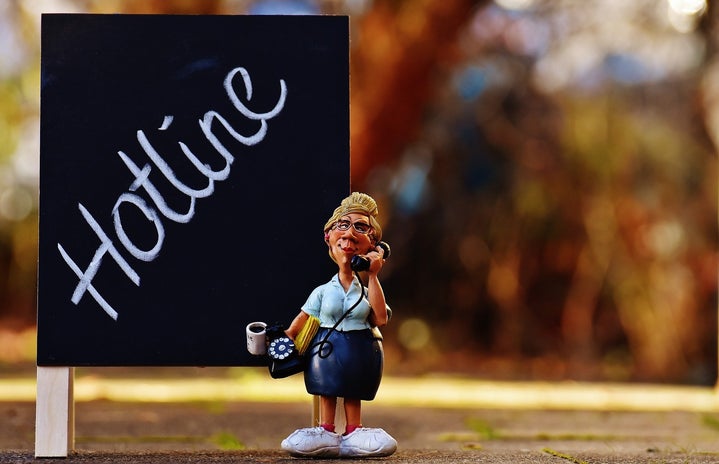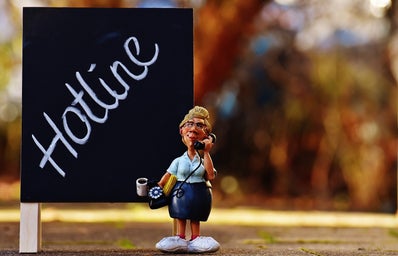Think back to the last time someone told you that “someone else has it worse.” We can all recall having this phrase, or some variation of it, said to us. Usually, the person saying it thinks that saying this is a comfort and isn’t trying to diminish your feelings. Rather, they are trying to put things into perspective so that you can rationally evaluate just how bad what you’re feeling is. But this is a slippery slope which can quickly lead to guilt. Let me give an example.
When a friend of mine was dealing with heartache, she looked at me and apologized for talking about it because, at the time, I was going through a breakup. She told me she shouldn’t even be feeling what she was feeling because it wasn’t as bad as my situation (she hadn’t been dating this person). Yet, at that moment, she was in a lot of pain; instead of letting herself feel her extremely valid emotions, she felt guilty because she didn’t have it “the worst.”
I don’t think her feelings—or anyone’s feelings—should be written off just because someone else is in pain, too. Just because someone else is dealing with something that is “worse,” that doesn’t mean you no longer get to feel the way you do and should suddenly feel grateful for what you do have. Gratitude is important, but when it comes down to it, you suppressing your feelings and prolonging your pain isn’t going to help anyone, especially not those who are “worse off.”
One of my favourite books is The Perks of Being A Wallflower, and one of the reasons for that is that it is endlessly quotable. Near the end (this isn’t a spoiler, don’t worry), Charlie says that telling someone they shouldn’t be sad because someone has it worse is like telling someone they shouldn’t be happy because someone has it better. These facts don’t change anything, he explains. Rather, we have what we have and instead of thinking that other people have it worse, we need to acknowledge that other people just have it different.
What other people have and feel doesn’t change your situation, and doesn’t take the validity of it away. We need to be careful with comparing our pain to other people’s, because no one feels things the same way and, ultimately, we can’t help what we feel. So, before you tell someone that someone else has it worse, think about what you’re saying and how it might be taken. If it is what the person needs to hear, make sure they know why you’re saying it and, most importantly, make sure they know you love them and are there for them through whatever it is they are struggling with.



